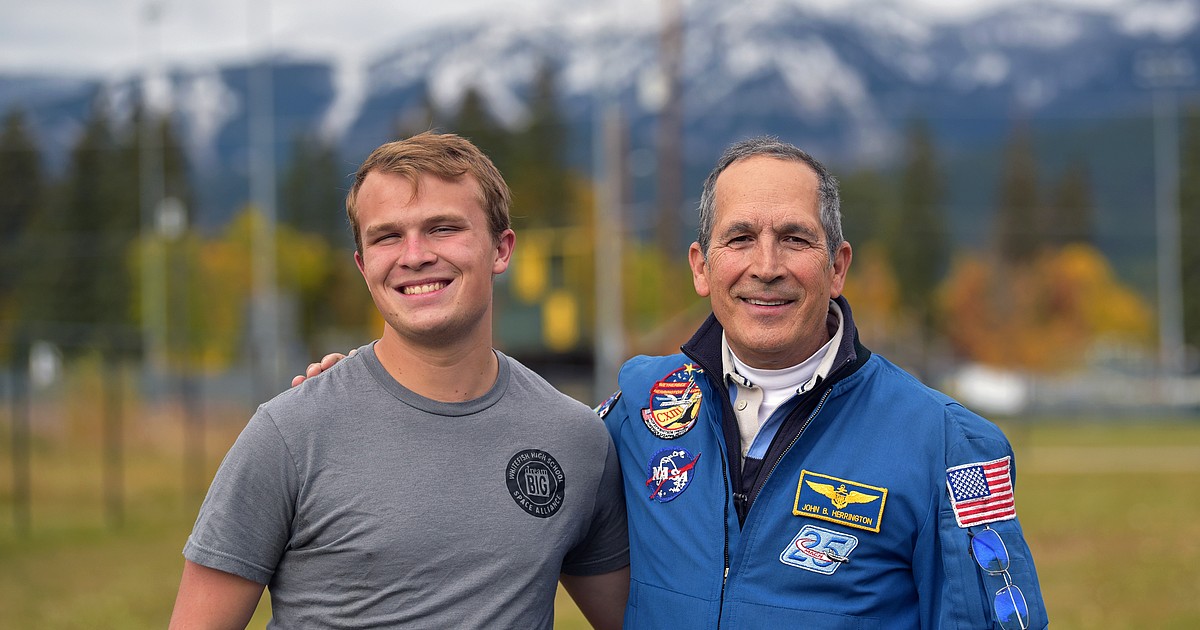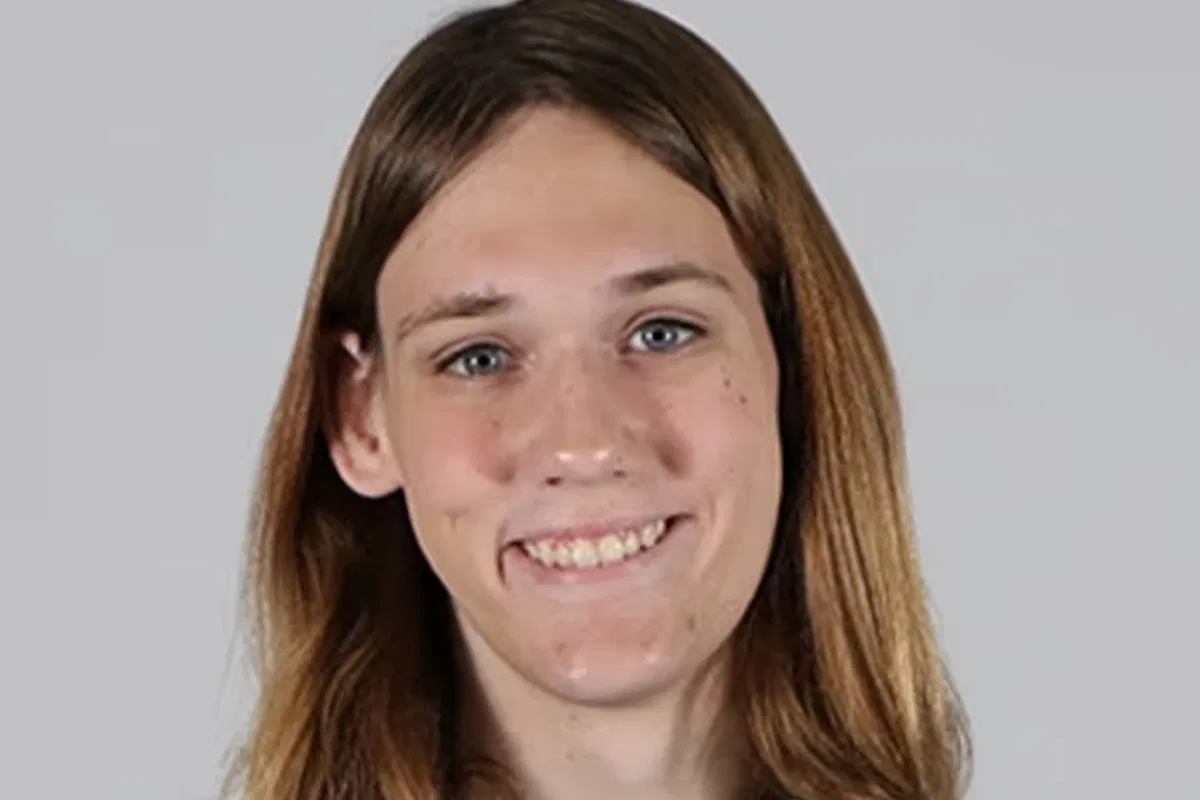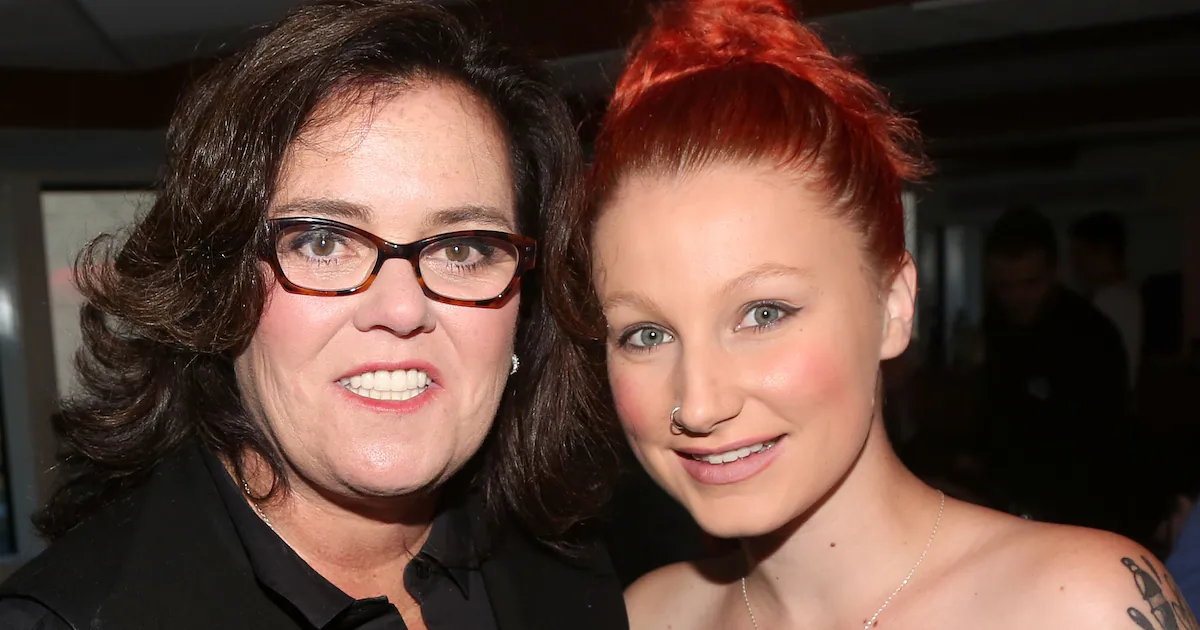Copyright Kalispell Inter Lake

When Whitefish High School senior Noah Oaks heard that John Herrington, retired naval aviator and NASA astronaut, frequents Big Mountain, he knew he had to recruit him for the launch of the first-ever Whitefish High School Space Club. The Whitefish High School Space Club focuses on events, like a field trip to Saint Mary’s Observatory, and on projects, like building a mini satellite, Oaks said. Throughout high school, Oaks has enjoyed robotics and going to space camp in Alabama. He started the Whitefish High School Space Club so people will see space from a different view, especially with changing perspectives on exploration. “There’s stuff out there that can help us here on Earth,” Oaks said. “We can discover more than we ever could here. There’s more to life here that we have to explore.” Oaks’ dad, a real estate agent, by chance met Herrington’s Realtor. The two arranged a meet up at Jersey Boys, whereupon Oaks asked Herrington if he would give a presentation at the school for the first event of his new club. Thanks to Oaks’s connection, Herrington happily shared his story, success and mishaps included, with Whitefish students earlier this month. “When I was 8 years old, I used to sit in a cardboard box and dream I was going to the moon,” Herrington said. “I never thought I could be [an astronaut] until much later in life, when people came along to encourage me.” Born in Wetumka, Oklahoma in 1958, Herrington is a member of the Chickasaw Nation. He moved often in his youth and graduated from high school in Plano, Texas. His parents encouraged him to be the first in the family to go to college. Herrington figured he’d go to school in Colorado and be a forest ranger. “I started rock climbing, kind of quit studying,” he said. “I had a 1.72 GPA and worked full time at a restaurant when I got suspended from the University of Colorado.” Herrington then worked for a highway construction company in Glen Canyon. He would climb the canyon, hold a prism against the rocks, and workers would shoot light through it to help determine the correct angles within the canyon for construction. “I made four bucks an hour, I lived in Hotel Colorado, I skied Aspen, this was it,” he said. But another worker advised him to quit, go back to school and be an engineer, and after seeing hands-on math in the real world for the first time, it sounded like a good idea. By the end of his senior year of the second go around, Herrington was tutoring a retired Navy captain in calculus. The veteran advised him to sign up, and so in 1983, he did. As a Naval officer, Herrington hunted Russian submarines and pirates in the South China Sea. He had deployments in Alaska, the Philippines and other locations around the globe. He successfully applied to the U.S. Naval Test Pilot School, in what would lead him to his hardest role in the Navy, which was “like putting out seven fires at once,” he said. He then went on to earn his master’s degree in aeronautical engineering. He applied twice to NASA before being selected for the 16th cohort of NASA astronauts in 1996, nicknamed “The Sardines.” By November 2022, he was on the launch pad for space. He worked on the International Space Station for about a month and performed three space walks, and in doing so, set his name in history as the first Native American in space. Herrington showed Whitefish students photos on the Space Station, everything from photos of Flathead Valley from space, to a 7,000-light-year-old picture of the Eagle Nebula, a tall column of hydrogen gas and dust that is a birthplace for stars. Having the top grades in class won’t get you to space, Herrington said, but rather, the ability to work well with others, and to work well with your hands. The Space Station “is the ultimate construction program,” he said, where you have “to love to turn a wrench in space.” A spacewalk is also just like a rock climb, practicing where your hands go, and not getting wrapped in your tether, he said. Herrington retired from the Navy and NASA in 2005. He worked for a private company for a couple years before resigning, and later, going on a cross-country bike ride. Herrington then began to take sharing his story more seriously. He went back to school yet again, for his PhD in education from the University of Idaho. “I worked on the Duck Valley Reservation in southern Idaho, working with Native kids, learning what motivates and engages kids to study math and science. I have never had a role model like that before. I take that very seriously.” Diversity is important, he said. “We all have something to offer at the table. The playing field has never been level, folks... You’ll hear that diversity is an unfair advantage to people, and the reality is it’s not. It’s the opportunity for kids to see people, meet people, work in industries.” Herrington moved to Marion about six years ago, where he and his wife Danielle still live, ski and play. He said he loves the remoteness of Montana and how it is reminiscent of his youth in Colorado. “I wish I had astronauts coming to my school when I was a kid,” Herrington added. “If students can take something from the story, that’s great... I’ll have to get [Noah’s] autograph for when he goes to Mars.”



